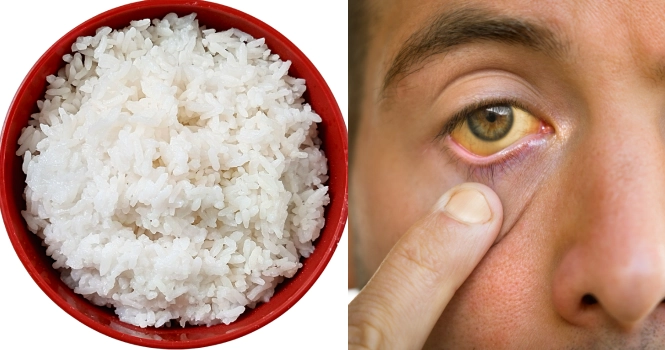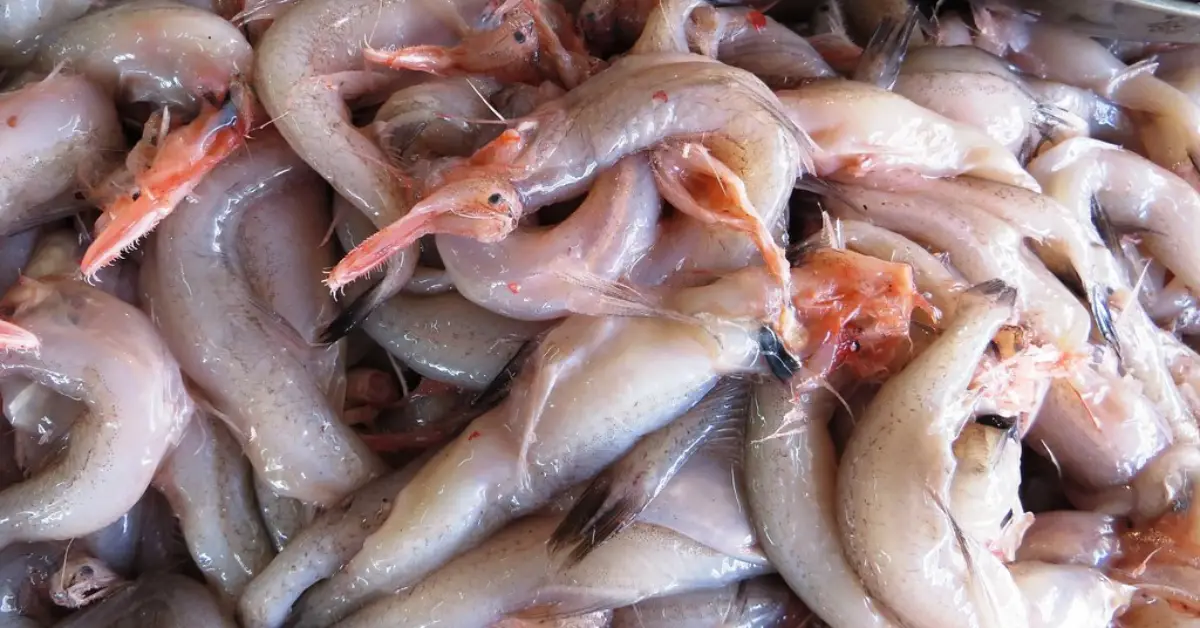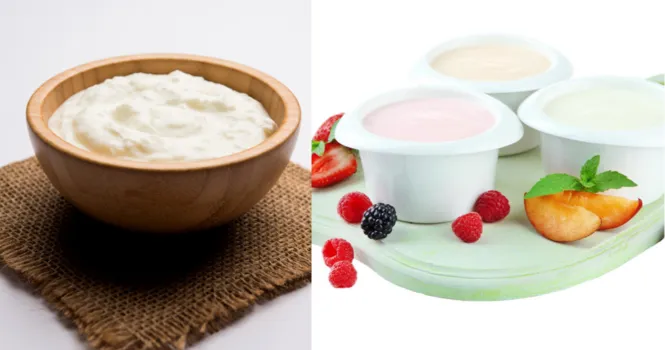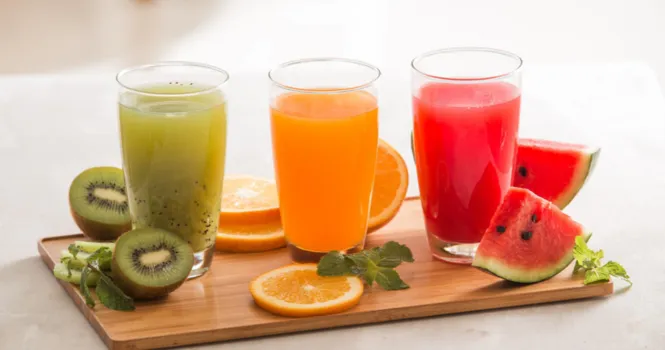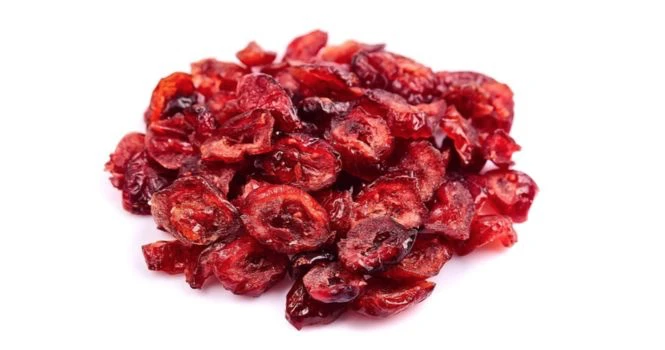Seasonal Guide to Muskmelon: Understanding Its Growing Cycle
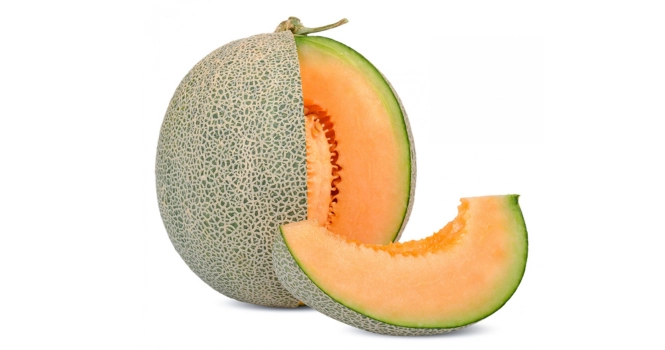
What is Muskmelon?
Muskmelon, a member of the Cucurbitaceae family, is a sweet and fragrant fruit known for its juicy, orange flesh and netted rind. Its scientific name is Cucumis melo. There are several varieties of muskmelon, with the most common being cantaloupe and honeydew.
Characteristics:
- Appearance: Typically round or oval, with a ribbed, net-like skin.
- Taste: Known for its sweet and mildly musky flavor.
- Nutrition: Rich in vitamins A and C, it’s also a good source of antioxidants and fiber.
- Usage: Eaten fresh, in salads, desserts, or as a juice.
Muskmelon in Different Languages
- English: Muskmelon, Cantaloupe
- Hindi: ‘Kharbooja’
- Spanish: ‘Melón’
- French: ‘Melon’
- Italian: ‘Melone’
- German: ‘Zuckermelone’
- Arabic: ‘Shamam’
- Chinese (Mandarin): ‘Tian Gua’
- Japanese: ‘Makuwa Uri’
- Korean: ‘Chamoe’
- Portuguese: ‘Melão’
- Russian: ‘Dyinya’
- Tamil: ‘Mulam Pazham’
- Telugu: ‘Kharbuja Pandu’
- Bengali: ‘Kharmuj’
- Gujarati: ‘Shakkar Tetu’
- Marathi: ‘Kharbuj’
The name ‘muskmelon’ comes from the musky smell that the ripe fruit emits. It’s a popular fruit in many cultures due to its refreshing taste and hydrating properties, making it a favorite in warm climates and summer seasons.
Muskmelon grows in which season?
Muskmelon, like most melons, is a warm-season crop. It thrives in warm, sunny environments and is typically grown in the spring and harvested in the summer. The specific growing season can vary depending on the geographical location:
1. In Temperate Climates: Planting usually occurs in late spring after the last frost when the soil has warmed up. The fruits are typically ready for harvest in mid to late summer.
2. In Tropical and Subtropical Climates: Muskmelon can be grown almost year-round, provided the conditions are not too wet or overly humid.
3. In Controlled Environments: With the use of greenhouses or other controlled agricultural environments, the growing season can be extended or manipulated.
The exact timing for planting and harvesting can vary based on local climate conditions and the specific variety of muskmelon being grown. Gardeners and farmers often rely on local agricultural guidelines to determine the best planting times for their region.
Muskmelon seeds
Muskmelon seeds, found inside the fruit, are often overlooked but are a treasure trove of nutrients. These small, oval-shaped seeds can be consumed raw or roasted and have a nutty flavor. They are commonly used in various culinary practices, especially in Indian cuisine, where they are added to sweets, snacks, or even made into a cooling drink.
Nutritional Profile:
- Protein: A good source of plant protein.
- Fiber: High in dietary fiber, aiding digestion.
- Vitamins: Rich in vitamins like Vitamin A, Vitamin E, and a range of B vitamins.
- Minerals: Contain minerals such as magnesium, potassium, and zinc.
- Healthy Fats: Comprise healthy omega-3 fatty acids.
Uses:
- Roasted as a snack.
- Ground into a flour and used in baking.
- Added to salads for a nutritional boost.
Muskmelon Benefits
Muskmelon is not only delicious but also brings several health benefits:
1. Hydration: With high water content, muskmelon helps keep the body hydrated, especially during hot weather.
2. Nutrient-Rich: It’s a great source of essential nutrients including vitamins A and C, which are important for skin health and immunity.
3. Weight Management: Low in calories and high in fiber, muskmelon can promote fullness and reduce the likelihood of overeating.
4. Digestive Health: The dietary fiber in muskmelon aids in digestion and can help prevent constipation.
5. Heart Health: The potassium in muskmelon plays a role in maintaining healthy blood pressure levels, and the fiber can help in managing cholesterol.
Incorporating muskmelon into your diet can thus offer a range of health benefits, making it a valuable addition to a balanced and healthy lifestyle.
Muskmelon Side Effects
While muskmelon is generally healthy and safe for most people, there are some potential side effects to be aware of, particularly when consumed in large quantities or by certain individuals:
1. Allergic Reactions: Some people may have an allergic reaction to muskmelon. Symptoms can include itching, hives, swelling, or difficulty breathing.
2. Gastrointestinal Issues: Due to its high fiber content, eating a lot of muskmelon might cause digestive issues like bloating, gas, or diarrhea in some individuals, especially those not accustomed to a high-fiber diet.
3. Pesticide Residue: Like many fruits, muskmelons can have pesticide residues on their skin. It’s important to wash them thoroughly before consumption.
4. Excessive Sugar Intake: While the natural sugars in muskmelon are generally not a concern, individuals with diabetes or those monitoring their blood sugar levels should be mindful of their portion sizes, as the fruit’s sugars can impact blood glucose levels.
5. Foodborne Illness: There have been instances where muskmelon has been linked to foodborne illnesses due to bacteria like salmonella. Proper handling and storage of the fruit are crucial to minimize this risk.
As with any food, moderation is key. Enjoying muskmelon as a part of a balanced diet is the best approach. If you have specific health conditions or dietary restrictions, consulting with a healthcare provider regarding the appropriate consumption of muskmelon is advisable.
Frequently Asked Questions
Is there a difference between cantaloupe and muskmelon?
Yes, there is a difference, though the terms are often used interchangeably in some regions, particularly in the United States:
1. Muskmelon: This is a broader category that encompasses various types of melons with a musky smell and netted rind. The term ‘muskmelon’ refers to the species Cucumis melo, which includes a variety of melons.
2. Cantaloupe: Specifically, there are two main types of cantaloupe: the North American cantaloupe (Cucumis melo var. reticulatus) and the European cantaloupe (Cucumis melo var. cantalupensis).
The North American variety is actually a type of muskmelon. It has a netted rind and orange flesh. The European cantaloupe, true cantaloupe, has a hard, warty rind without the net-like texture and is less commonly found in the U.S.
In summary, all cantaloupes can be considered muskmelons, but not all muskmelons are cantaloupes. The confusion arises from the common usage in some regions where the term ‘cantaloupe’ is used to refer to the muskmelon variety commonly found in grocery stores.



